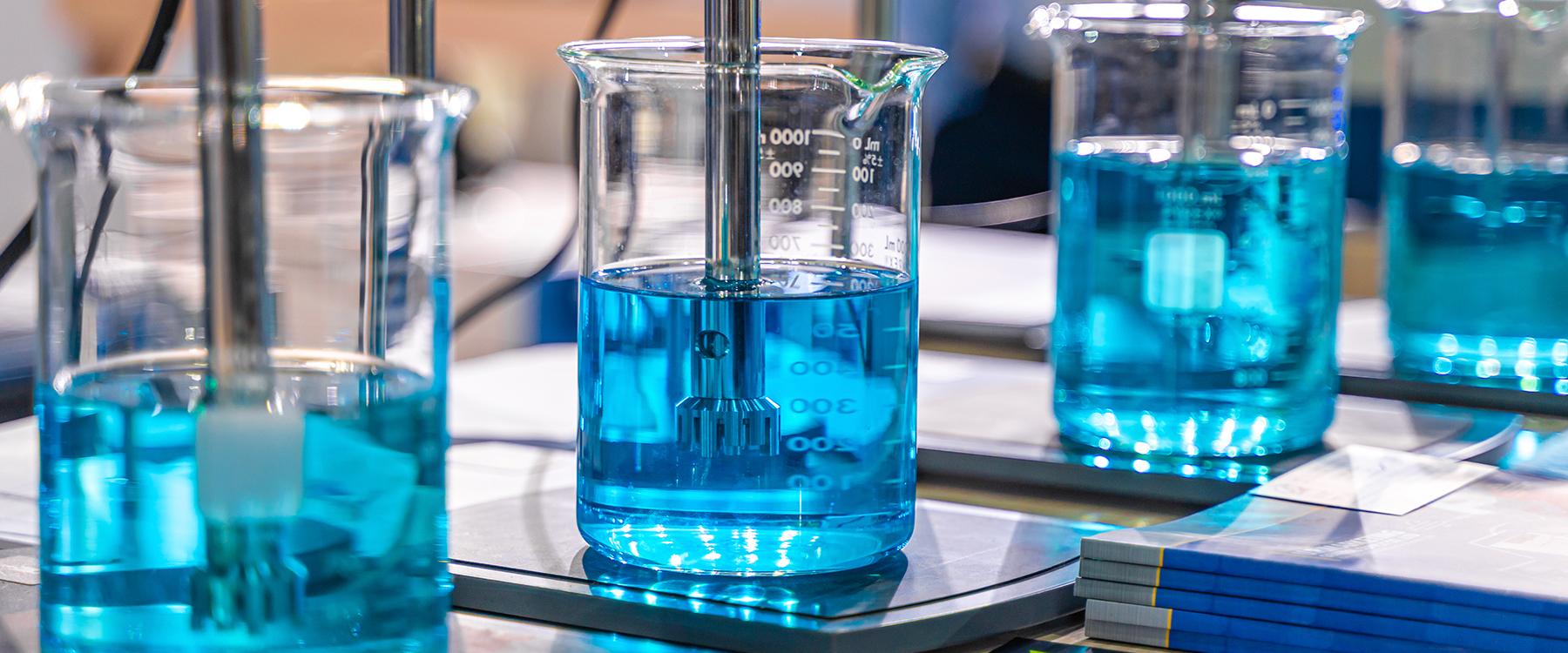
Institutional Biosafety Committee
Scope of Review & Responsibility
The Institutional Biosafety Committee (IBC) was established to provide local review and oversight of any work that is regulated by the NIH Guidelines for Research Involving Recombinant or Synthetic Nucleic Acid Molecules. Although called “Guidelines,” it is a requirement that Tufts University (TU) and Tufts Medical Center (TMC) comply with this regulation as both are NIH-funded institutions. The NIH Guidelines include the use, modification, purchase, and/or transfer of all recombinant or synthetic nucleic acid materials, including genetically modified organisms.
In addition to the NIH Guidelines, our IBC is charged with an expanded scope of oversight of all research, teaching, and training involving potentially biohazardous agents done at, or sponsored by, TU or TMC. This expanded oversight ensures compliance with the Centers for Disease Control and Prevention Biosafety in Microbiological and Biomedical Laboratories (CDC, BMBL), Occupational Safety and Health Administration (OSHA), and local regulations (Massachusetts Department of Public Health, Boston Public Health Commission and the Town of Grafton Board of Health), and requires proper concern for the safety of personnel, the environment, and the surrounding communities.
To this end, the IBC reviews, approves, and oversees work performed with the following biological materials in research, teaching, or training:
- Recombinant and Synthetic Nucleic Acids: The IBC reviews all work in accordance with the NIH Guidelines. Work that falls under the NIH Guidelines requires approval by the Full Committee. Exempt work (refer to Section III-F of the NIH Guidelines), must still be registered with the IBC, but may be approved administratively by a Biosafety Officer (BSO). Work requiring registration includes the construction and/or handling of:
- all recombinant nucleic acid molecules,
- all synthetic nucleic acid molecules, including those that are chemically or otherwise modified, and can base pair with naturally occurring nucleic acid molecules, and
- all cells, organisms, and viruses containing such molecules. This includes any use of previously modified materials and the use or generation of transgenic animals or plants.
- Biological Toxins
- Infectious Agents classified as Risk Group 1 or higher. Anything that colonizes, regardless of pathogenicity, is considered potentially infectious.
- Human Source Materials and Non-Human Primate Source Materials (Tufts University)
- SARS-CoV-2 virus (live or inactivated), virus components, and genetic elements (including amplicons and synthetic templates)
For use of human/NHP source materials at TMC, TMC’s Bloodborne Pathogen Program may provide all the required institutional oversight necessary and the project would not need the involvement of the IBC. However, if work performed at TMC with these materials extends beyond standard precautions (e.g., if the material is being used in animals, or there is to be isolation, purification and culture of infectious agents from the material) then the IBC may require additional oversight.
Biosafety Office
The IBC works closely with the Biosafety Office, which provides additional technical support.